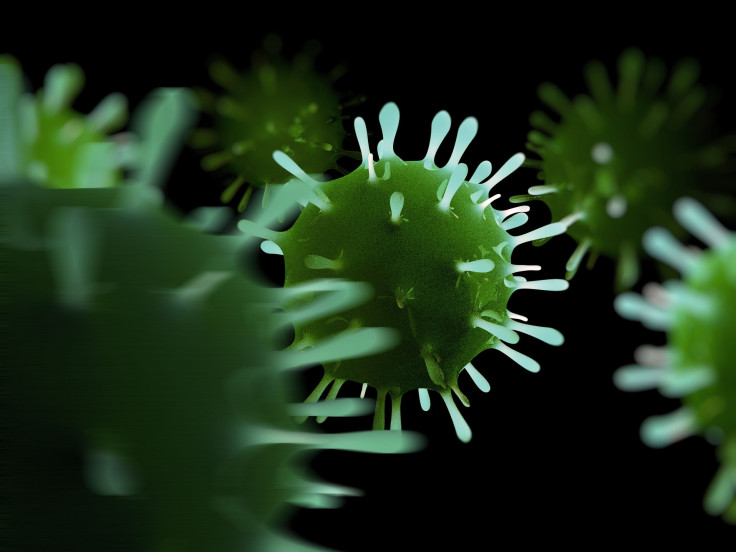Your Own Immune Genes Allow Mutations Leading To HPV-Induced Cancer

Is it treachery or mere incompetence? A family of human genes notorious for fighting viruses has been implicated in allowing mutations leading to cancer caused by human papillomavirus, say investigators at University College London.
In a paper published Thursday in Cell Reports, senior author Tim Fenton says evidence is clear genes from the “APOBEC” family cause mutations leading to the cancer in what seems like the classic inside job. "Genes from the APOBEC family encode proteins that modify the DNA of invading viruses, causing mutations that prevent the virus from replicating," Fenton said in a press statement. "We now provide evidence that they can also cause mutations in our own DNA after HPV infection, leading to cancer."
So common is HPV as a sexually transmitted infection that nearly all Americans will acquire the disease at some point during their lives, according to the Centers for Disease Control and Prevention. However, the virus will cause more than 26,700 new cases of cancer this year, responsible for more than 99 percent of cervical cancers. But in identifying a family of genetic suspects, investigators like Stephen Henderson say it may soon be possible to arrest such cancers in the human body.
"Our results show that after HPV infection, APOBEC genes cause very specific mutations, with very high frequency in a cancer-promoting gene called PIK3CA," he said in the statement. "It is not clear why HPV infection causes the APOBEC genes to misbehave and mutate PIK3CA” to allow tumor development.
The body might respond to the virus with increased activity from those genes, making such “friendly fire” mistakes more likely. Or something else about the virus may fool the genes into causing the harmful mutations, the investigators say. In either case, the new findings may lead not only to drug therapies but improved cancer screenings, given that the APOBEC family has also been connected to a variety of other cancers. Specifically, scientists say a variant of the gene APOBEC3B carries meaning for the global health community. Carried by 80 percent of women in Indonesia and two percent of African counterparts, the gene is associated with a doubling of risk for breast cancer.
"Previous studies have shown that APOBECs cause mutations in a range of cancers but our finding that they mutate key cancer genes implicates them as drivers of tumour development, particularly in HPV-associated cancers,” Fenton said. “It will be interesting to see whether such APOBEC variants can predict the risk of developing cancer after HPV infections."
Recent objections by political conservatives to providing adolescent girls with the HPV vaccine might further be answered with screenings indicating a heightened susceptibility to the cancer-causing gene activity.
Source: Fenton TR, Henderson S, Chakravarthy A, Su X, Boshoff C. APOBEC-Mediated Cytosine Deamination Links PIK3CA Helical Domain Mutations to Human Papillomavirus-Driven Tumor Development. Cell Reports. 2014.
Published by Medicaldaily.com



























